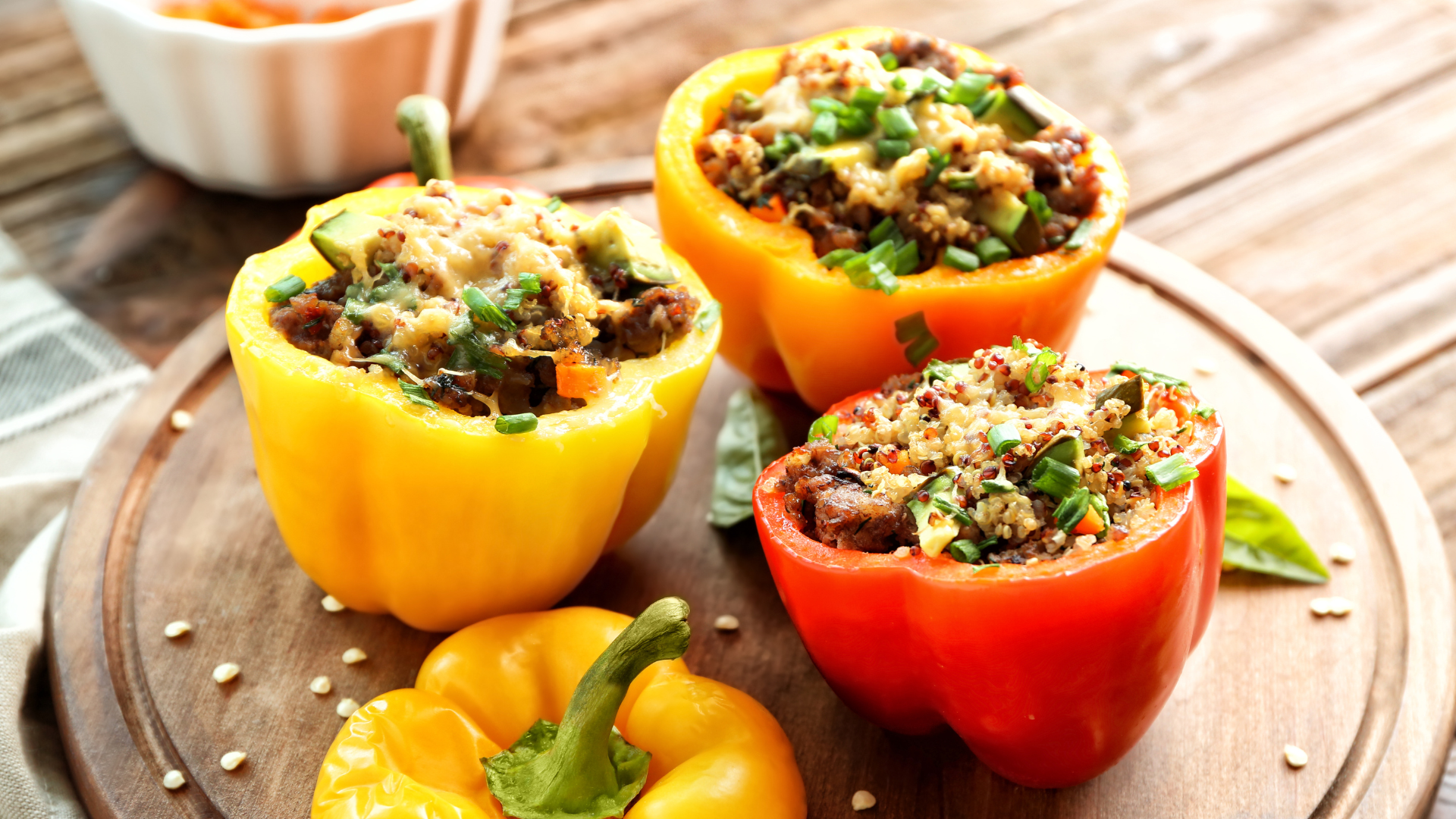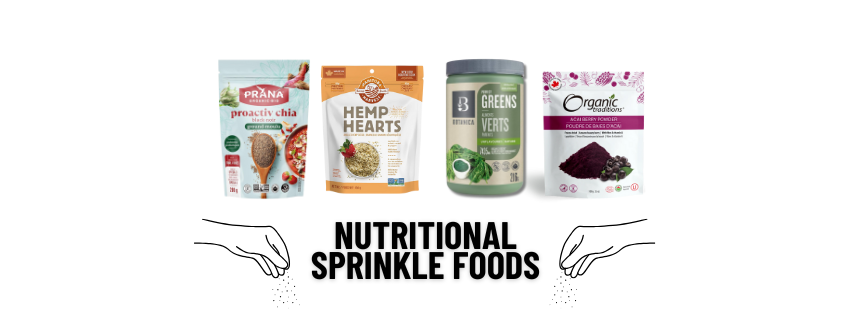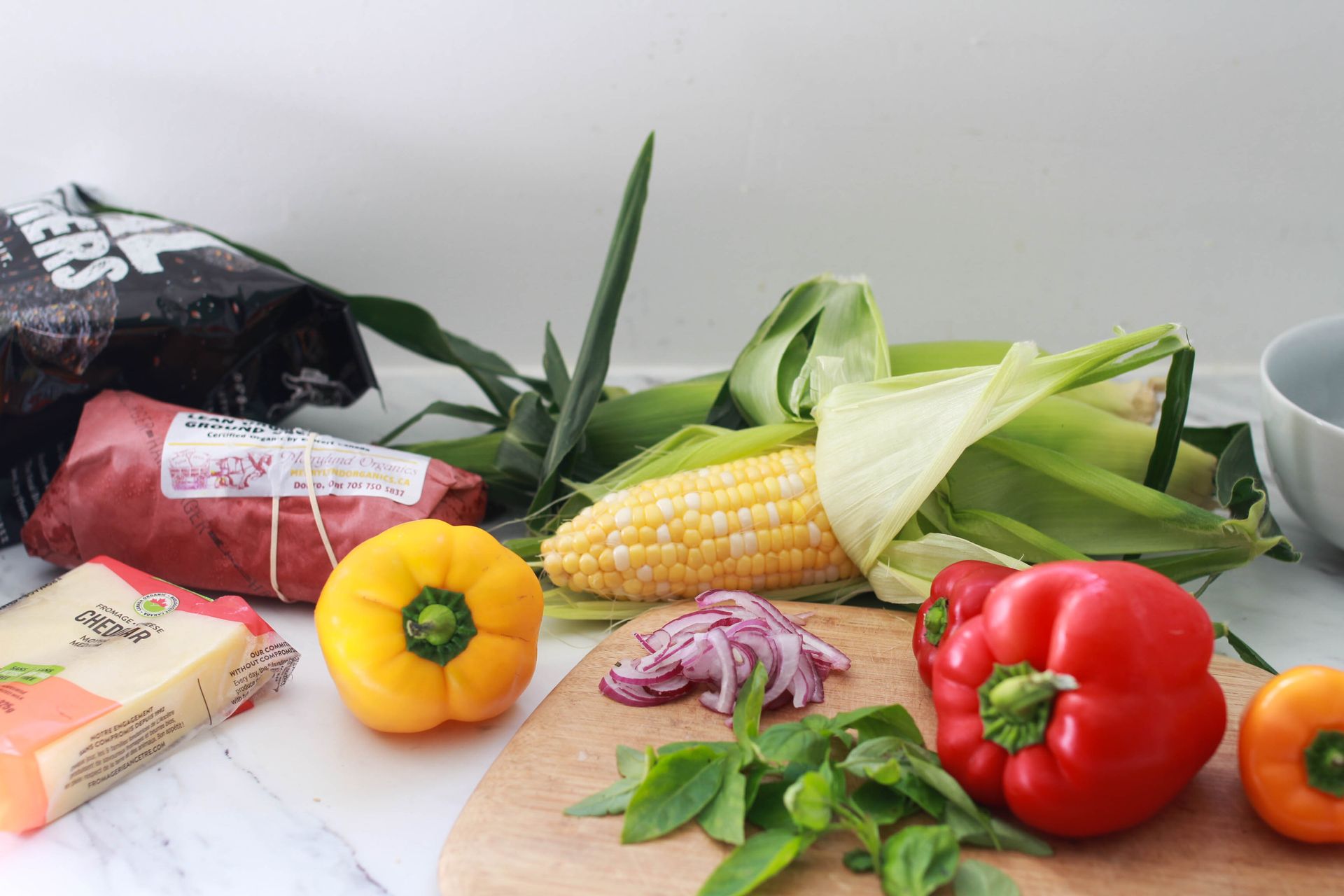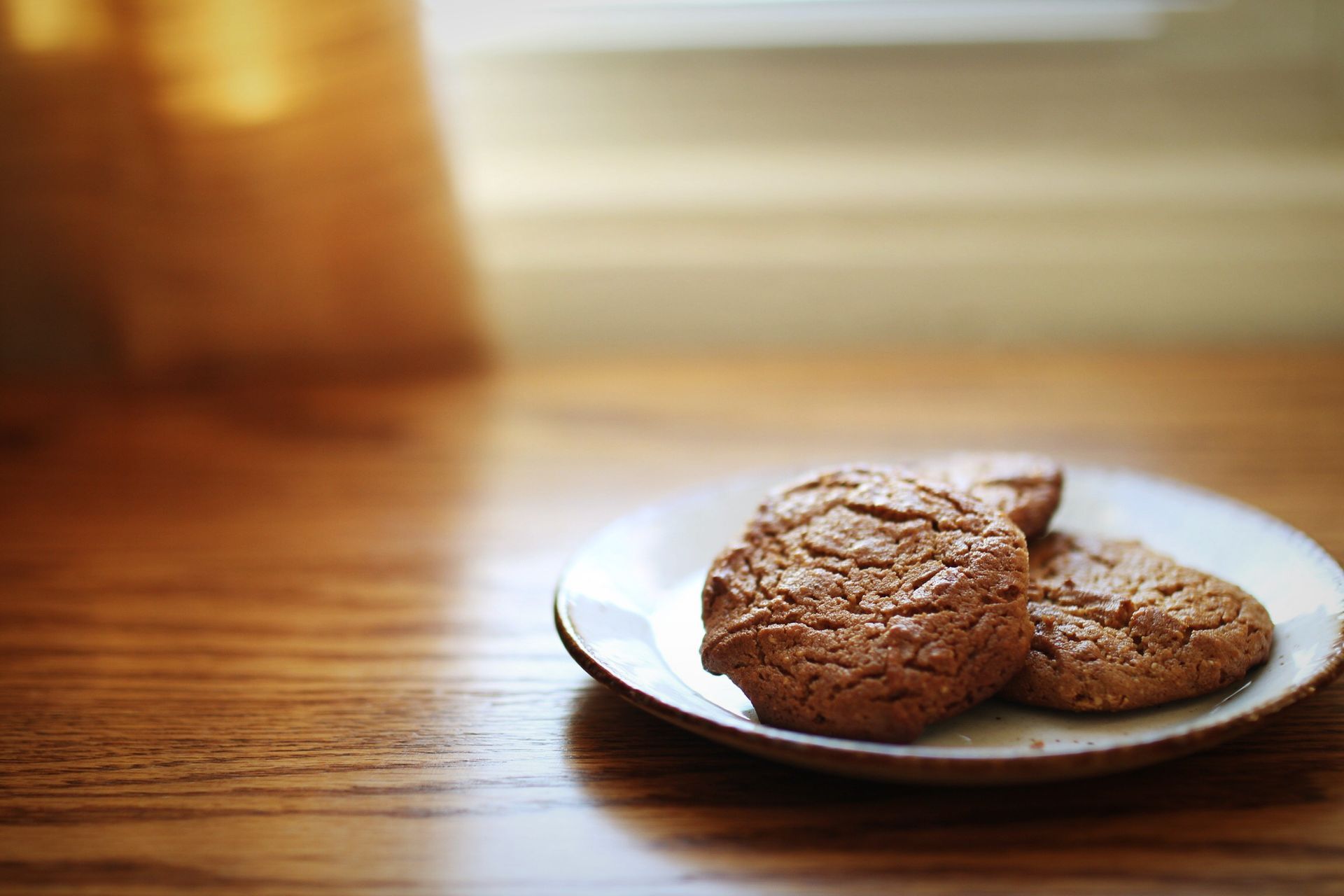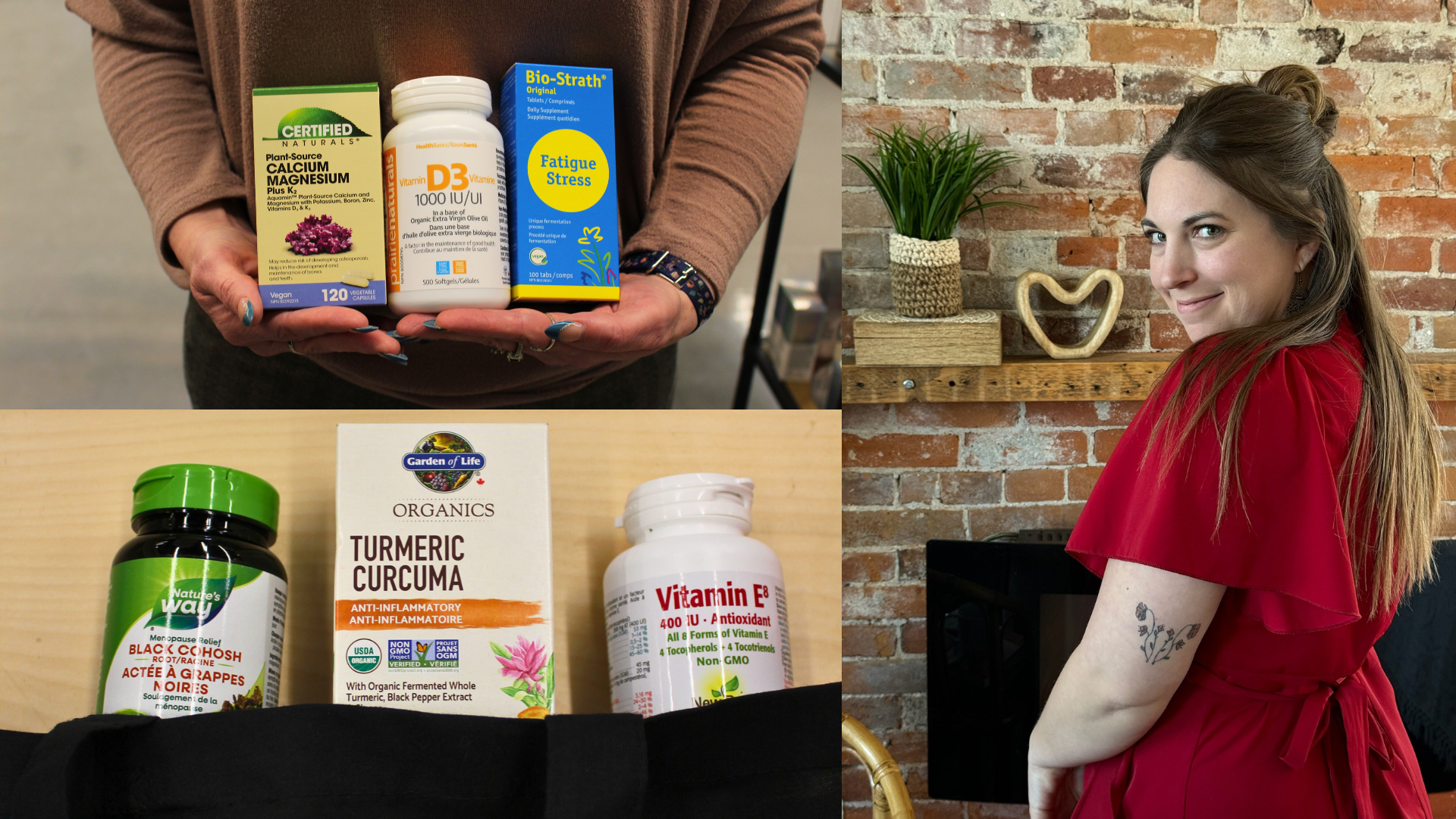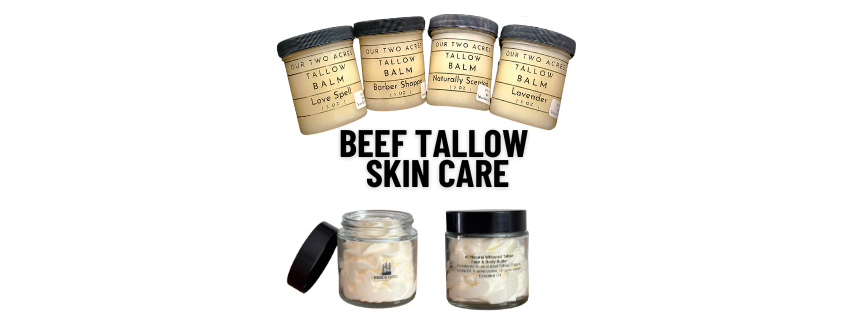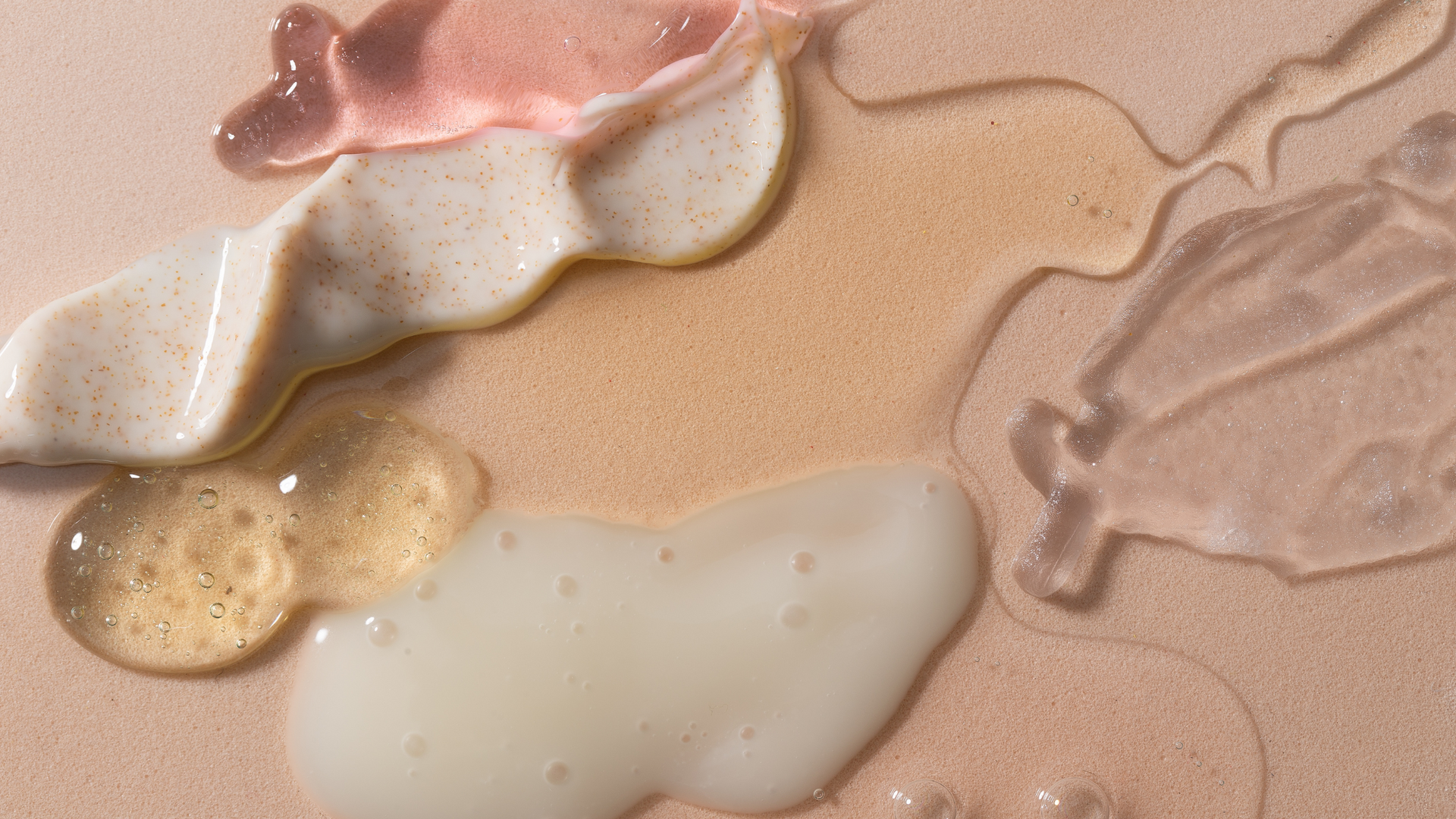Taking Care of Anxiety the Natural Way
A Common Disorder
Anxiety disorders are the most common of all mental health problems. It is estimated that one in 10 Canadians is affected by them.
While anti-anxiety medication are necessary for some, they may also come with side-effects and can be habit-forming. Natural herbs are a great place to start in easing the anxiety you may be facing - they are healthy and clinically proven to be effective. Some people also find herbal remedies to be effective alongside pharmaceuticals. Just be sure to check with your pharmacist about any possible interactions.
1. Kava Kava
Medical studies suggest that Kava, providing 210 mg of kavalactones is as effective as the benzodiazepines you may find in typical anti-anxiety medications.
The first long-term study investigating the effects of kava extract in people with anxiety was published in 1997. Compared to a placebo, it significantly decreased the severity of participants’ anxiety.
The researchers also noted no side effects related to withdrawal or dependency.
Some may be concerned about kava's affect on the liver, however, several analyses of studies on the topic have found no evidence of liver damage in people who have taken these supplements in the short term, or about 1 to 24 weeks
Therefore, people without liver injuries and those who are not taking medications that affect the liver may be able to use kava safely in appropriate doses for about 1 to 2 months.
*Source

Natural Factors makes a great product using kava for their Stress-Relax capsules.
2. Passionflower
Some studies have suggested Passionflower can also be effective at treating anxiety. A study reported in the journal Anesthesia and Analgesia examined its effects on patients scheduled for surgery. Patients who consumed it reported less anxiety than those who received a placebo.
Trials have also shown that passionflower works just as well as oxazepam (a benzodiazepine commonly used in anxiety medication) but does not impair daily functioning in the same way.

St. Francis has a great Passion Flower product that you can find in our stores right now.
3. Valerian
While Valerian is commonly used as a sleeping aid, it may also help with anxiety. A 2021 study in 39 people undergoing hemodialysis found that they had a significant reductions in anxiety symptoms after taking 530 mg of valerian root 1 hour before bedtime for 1 month, compared with a placebo.
Valerian contains a number of compounds that may help promote calmness by increasing GABA (gamma-aminobutyric acid) availability in the body and interacting with certain receptors involved in mood and sleep.

St. Francis has a great Valerian product that you can find in our stores right now.
4. Saffron
Saffron, has been found to have potential benefits in reducing symptoms of anxiety. Several studies have investigated the effects on anxiety and have reported positive results.
Saffron contains compounds such as crocin, crocetin, and safranal. These compounds may affect neurotransmitters, immune regulation, inflammation and oxidative stress, all of which are involved in anxiety.
Furthermore, saffron has been found to increase the levels of crocetin in the body. Crocetin is found in saffron and has been associated with reduced depressive symptoms. Since anxiety and depression often coexist, the reduction in depressive symptoms may contribute to the overall reduction in anxiety.
*Source
1
&
2

Natural Factors has created a product using Saffron for stress and anxiety relaxation.
5. Lavender
Lavender is renowned for its ability to create a relaxing atmosphere. One of the main benefits of lavender is that it can calm without sedating.
More than simply generating a serene state of mind, lavender can reduce anxiety by affecting the body’s fight-or-flight response
In a large meta-analysis from 2019, people with anxiety disorders who took 160-milligram lavender oil capsules experienced significant decreases in anxiety.
Unlike benzodiazepines found in typical anti-anxiety medication, Lavender is safe, non-sedating and non-addictive.

With Aypsis, we produce our own Organic Lavender essential oil which is a customer favourite. *Please note that our essential oils are not meant to be ingested - please use for aromatherapy only.
Conclusion
Anxiety can be hard to manage, especially since so many medications out there have harmful side effects. When you take a more natural approach to your mental health, you'll find that things can be much easier to manage. For any other questions on naturally remedying your anxiety, come visit us any one of our locations and one of our educators would be happy to provide more information for you.
Additional Source:
www.thenaturalpathnewsletter.com

